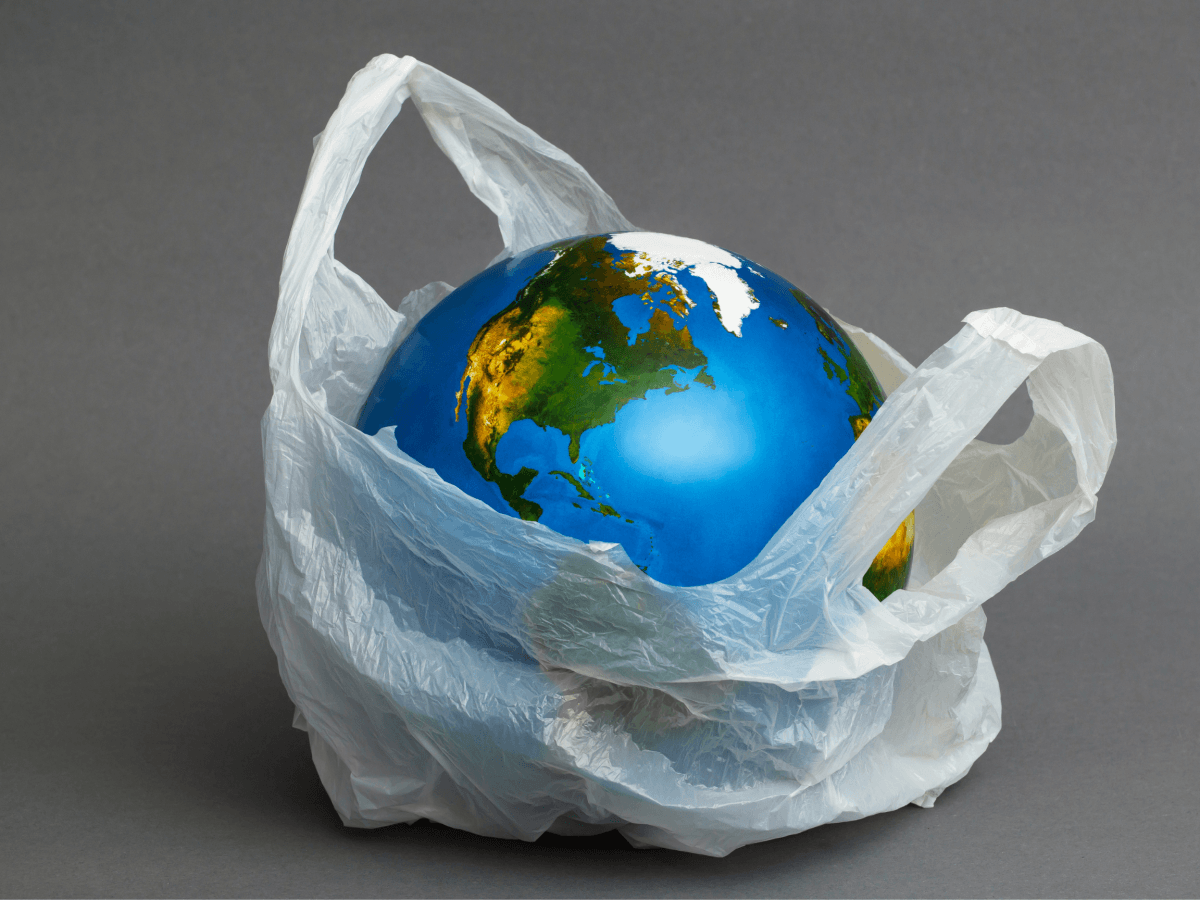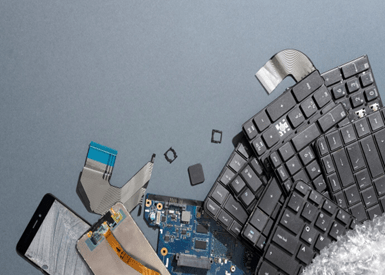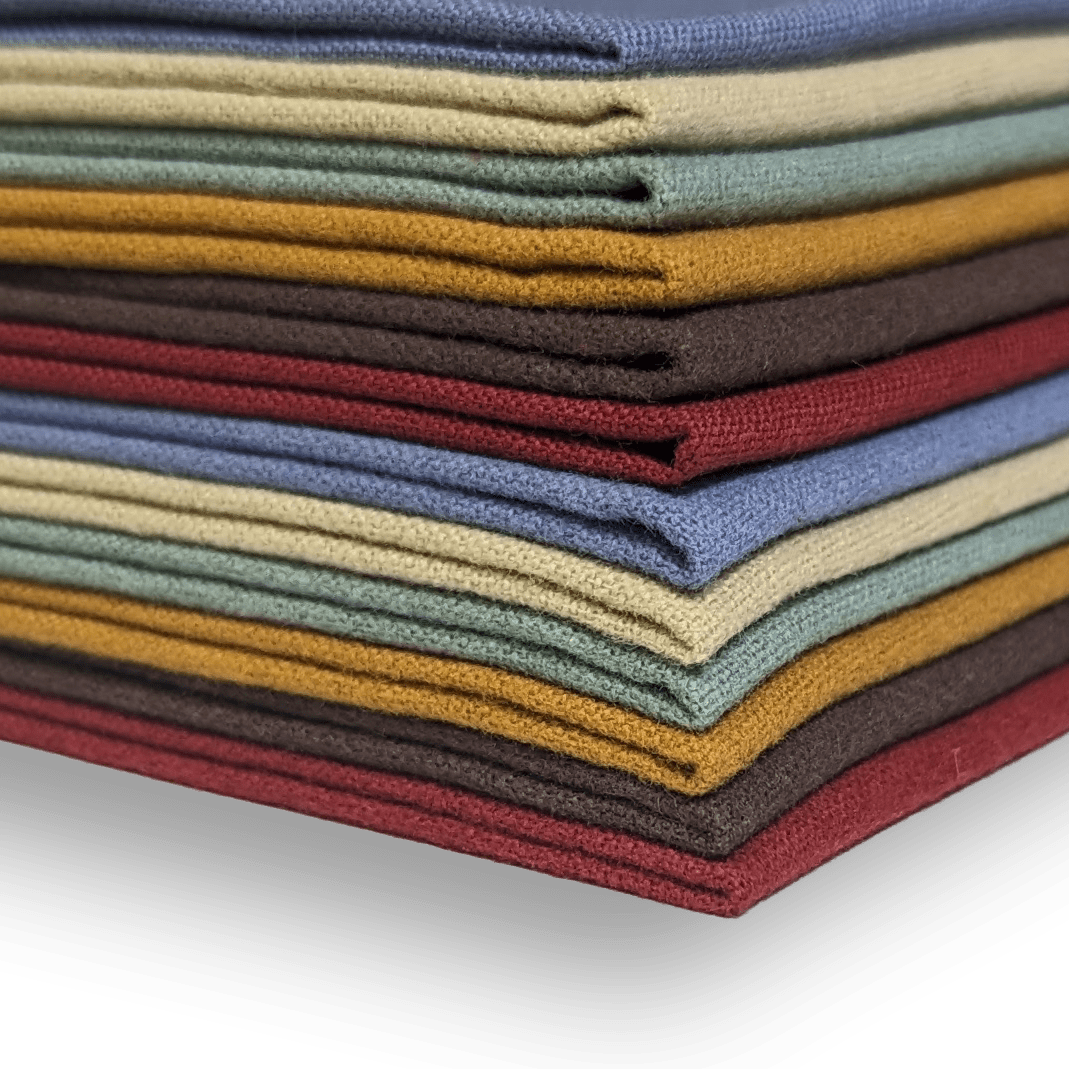These days, plastic has become such a prevalent part of our world – it’s everywhere, and it’s extremely difficult to avoid plastic waste. It’s not your fault, but you can still be part of the solution. Even the slightest change can make a difference.
Here are our top 15 products that contain plastic everyone should be aware of.

1. Disposable Cups – Plastic Lining for Waterproofing
Even if they are made of paper, disposable cups almost always contain a plastic coating inside, creating disguised plastic waste.
These plastic linings prevent cups from being recycled as cardboard or paper. They end up in landfills and contribute to the plastic waste statistics, which are already dire. And even if the cups were purely made of paper, the lids are still made of plastic that is not easily recycled.
While some companies create cups with biodegradable linings, it’s just safest to say no to all disposable cups. Choose a reusable cup that you know creates zero waste.
When you choose zero waste products, you eliminate any chance of plastic ending up in landfills or oceans – plus, reusable cups are far more temperature resistant!
2. Menstrual Products – Plastic Packaging and Plastic Fibers
Understandably, you’re just trying to get through a week of cramps and mood swings when it’s your time of the month. You’re not focused on the details – you do what you need to keep going!
But tampons and pads contribute to a surprising amount of plastic waste.
Just one person will use between 5 and 15 thousand pads and tampons in their lifetime, the large majority ending up in landfills as plastic waste.
Swap to a zero waste product like a silicone menstrual cup or disk to reduce plastic waste and save money.

3. Gum – Contains Plastic… Yuck!
Did you know that most gum brands contain polyethylene, which can be found in plastic bags and bottles?! Yikes.
You wouldn’t want to ingest plastic by chewing on it, right?
Plastic-free gums do exist but they can be hard to come by. Try opting for mints in a tin can or a chewy dried fruit like mango – or sunflower seeds for a road trip.
4. Teabags – Plastic Bags and Plastic Sealing
Many teabags appear to be made of natural materials to the naked eye but the tea bags are actually mesh bags made of plastic. And some tea bags are made of paper products but sealed with plastic glue.
Do you want that dissolving in your tea…? Yeah, I wouldn’t either.
Instead, try a loose leaf tea and even compost the remains when you’re finished – zero waste, zero plastic. There are a variety of zero waste tea strainers to choose from in your favorite zero waste stores and gift shops – from functional to cute – you’ll find plenty of options to suit your needs.
5. Clothing – Sheds Microfibers, Another Form of Microplastics
Be conscious of your purchases with clothing – check the materials on the tag before buying. Avoid plastic-based materials like polyester, rayon, nylon, and acrylic when possible.
These synthetic clothing materials shed tiny plastic fragments known as microfibers. Microfibers are the most common type of microplastic found in the environment.
It's worthwhile to seek out an eco-friendly clothing maker, committed to using clean and quality materials. UpWest is a good example, but don't forget the value of repurposing and thrifting handmade pieces.
So what should you do with the clothes you already own? Don’t throw them out. Invest in a microfiber catcher to eliminate plastics from going into the ocean. Plastic pollution in the ocean is a growing problem that needs our attention. Eliminating microfibers would be a huge step!
6. Plant-Based Plastics – Don’t Recycle or Decompose Easily
Despite greenwashed information that rules the internet, plant-based plastics are usually not truly biodegradable, and production is just as harmful to the environment as traditional plastics. And the few plant-based plastics that claim to be compostable or recyclable need commercial facilities to correctly decompose or recycle.
To learn more, check out our blog on why we’re confident plant-based plastics are not the answer to plastic waste.
7. Tetra Packs (Cardboard) - Plastic Liners
Like disposable cups, tetra packs are often seen as an eco-friendly alternative to plastic packaging. Sadly, they are not a great solution. They still contain a plastic liner that would need to be separated for recycling.
It’s less plastic, sure, but it still isn’t easily recycled or composted like pure cardboard. Opt for glass or compostable packaging whenever possible.

8. Wipes - Most Are Made of Plastic Fibers
Most wipes are made from synthetic fibers such as polyester, polypropylene, rayon, and nylon.
These brands use greenwashed marketing to make you think it’s an eco-friendly product by focusing on the “flushable” aspect.
But unfortunately, most are not even truly flushable.
Ask any plumber they’ll tell you – wipes are simply not flushable.
Invest in a bidet system for your toilet or choose a biodegradable wipe that you can toss in the trash instead of flushing. And when it makes sense, opt for hand sanitizer instead of a wipe.
9. Skincare With Exfoliating Microbeads – Adds to Plastic Pollution in the Ocean
Did you know many exfoliating products are actually tiny bits of plastic that rinse off into the drain? This is an often-overlooked source of plastic pollution in the ocean.
Microbeads in rinse-off cosmetic products have been identified as a source of primary microplastic pollution in the ocean.
When shopping for exfoliating body products, choose something with a natural, plastic-free exfoliant.
10. Paper Towels or Toilet Paper – Packaged in Plastics
It’s important to consider how you can reduce your plastic use in everyday purchases too.
So many small uses of plastic seem inconsequential but add up over a lifetime. Switch to plastic-free packaging whenever and wherever you can. Don’t overlook the small opportunities to reduce your plastic waste – these can make an impactful difference!
Opt for a reusable paper towel, recycled or bamboo products, and always choose products wrapped in paper, not plastic.
11. Diapers – Made With Plastic Polymers
“Disposable diapers are the third-largest single consumer item in landfills and represent about 4% of solid waste.” Wow.
Disposable diapers are made with synthetic plastic fibers – toxic for your baby and terrible for the environment. Most people don’t know this – it’s okay if you didn’t either.
Try a zero waste product like cloth diapers. Yes, there’s a lot of debate over this and the “yuck” factor, but it saves tons of money and water waste! Don’t knock it ‘til you try it.
The money you save with this zero waste product might just be worth it.
And if you simply can’t handle cloth diapers, don’t give up. There are biodegradable and more eco-friendly options than traditional disposable diapers.
12. Common Household Products – Plastic Containers
We’re here to remind you how easy it can be to go zero waste and choose plastic-free products.
There are plenty of everyday products you probably use and don’t consider plastic waste. From shampoo bottles to cleaning supplies, there are plenty of plastic containers that, while they aren’t exactly “hidden,” may just be a regular part of your routine you don’t notice.
Take a look at a few plastic waste statistics, and you’ll be convinced to raise your awareness! Not sure how to go about starting to make these changes? Check out our blog for tips on how to start using less plastic.
13. Recycled Plastic Products
While these are better than virgin plastic, it’s still not the best option.
Just because it’s recycled plastic doesn’t mean it won’t end up in a landfill again.
And even if it’s sent to a recycling center, it doesn’t mean it will ultimately get recycled. Unfortunately, recycling has become a failed system for the most part.
This is why our advice is always to opt for a zero waste material instead, or choose plastic-free packaging.
14. Online Shopping – Plastic Mailers and Plastic Bubble Wrap
We all know online shopping is a convenience, no doubt. But it’s essential to be conscious of what you’re supporting. Most online stores don’t ship carbon neutral or use eco-friendly packaging.
There have been positive developments, for sure. But it’s just not enough.
For example, Amazon developed a padded paper mailer in 2019 as a recyclable alternative to plastic packaging – but if you order off Amazon, you know you still receive a lot of plastic mailers. In fact, Oceana estimated Amazon created 465 million pounds of plastic packaging waste in 2018, and the amazon boom has only exploded since then.
Until they can commit, we’re better off choosing companies that support the environment, not damage it. Here’s a resource for where to shop online with more respect for the earth.

15. Disposable Face Masks – Plastic Fibers
Like many hospital-grade items, face masks contain plastic fibers for functionality reasons. Besides general waste, it’s creating plastic waste. “The U.S. generates 7,200 tons of medical waste every day, much of it disposable masks.”
It’s simple: trade your disposable mask for a cloth one.
Mother earth will thank you.
Let’s Avoid Plastic At Every Chance Together
Yes, it takes work to eliminate plastic from your life, but this earth is the only one we’ve got. It may seem like there’s no hope, and there’s plastic everywhere – but there is hope.
You don’t have to make these changes all at once. By choosing a zero waste product over an eco-harmful one, you start your zero waste journey.
One step at a time.
You’ve already taken the first step by reading this. You’ve decided you want to make a beneficial impact on the world by going zero waste. Now it’s time to take action.
So how can you reduce your plastic waste and boycott hidden plastics?
Let’s choose more plastic-free products and build a zero-waste lifestyle together.



